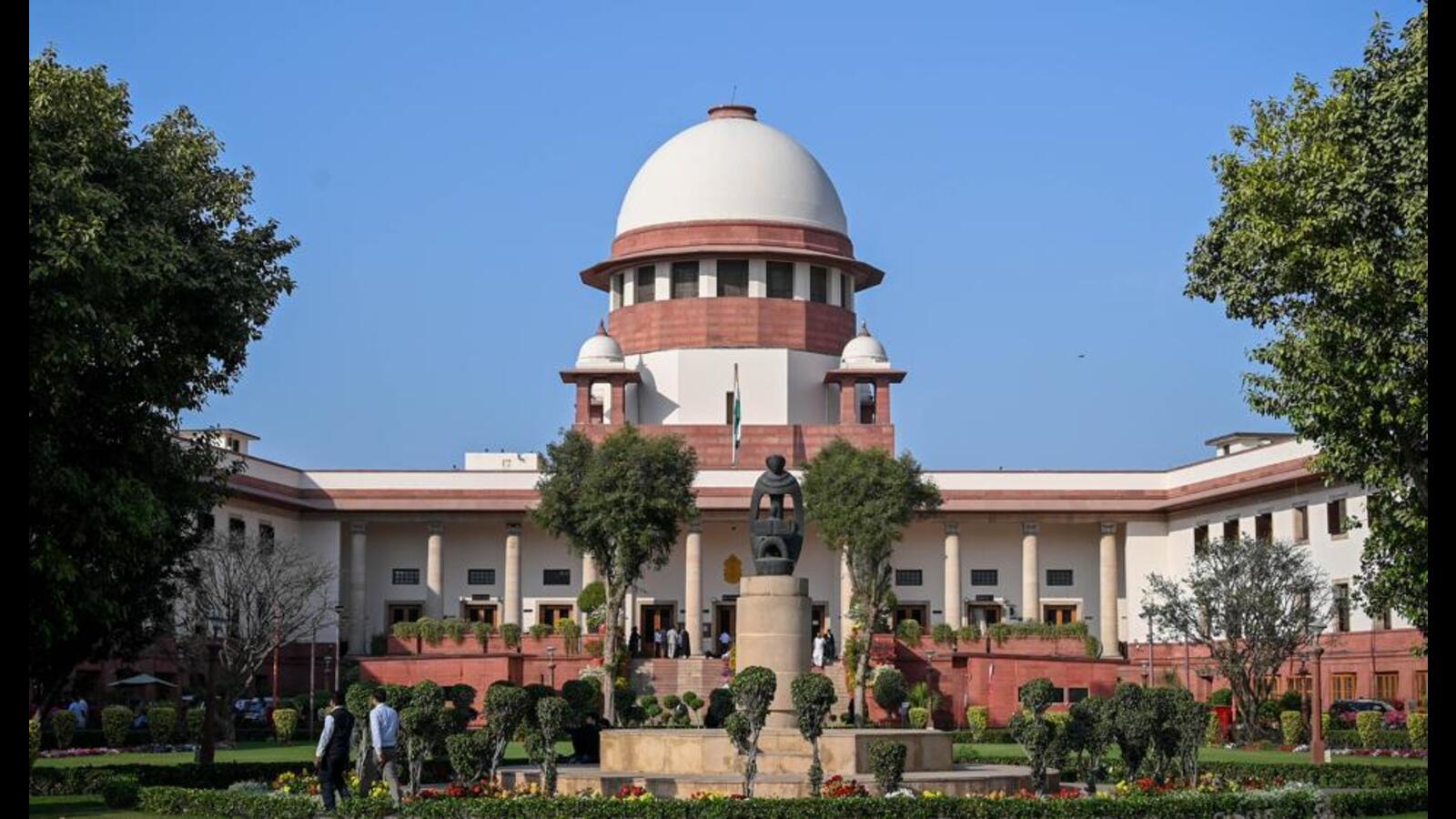Despite Article 51A(h) of the Indian Constitution urging citizens to cultivate scientific temper, recent policy decisions and populist narratives have undermined this mandate. The rollback of regulatory safeguards on traditional medicine advertising and judicial leniency toward misleading claims have raised concerns about the erosion of evidence-based healthcare in India.
Scientific Temper Under Siege: India’s Struggle Against Medical Misinformation and Populist Policy
India’s constitutional commitment to scientific temper is facing a serious test. While Article 51A(h) mandates every citizen to foster “scientific temper, humanism, and the spirit of inquiry and reform,” recent developments suggest that populist politics and weak regulation are enabling the spread of medical misinformation, particularly in the realm of traditional medicine.
Key Highlights from the Report:
Constitutional Duty vs. Institutional Practice
The 42nd Amendment (1976) enshrined scientific temper as a fundamental duty.
However, this ideal has struggled to translate into policy enforcement or public health safeguards, especially when populist interests are at play.
Patanjali Case and AYUSH Advertising
In April 2024, the Supreme Court rebuked Patanjali Ayurved for disparaging modern medicine in its advertisements.
Despite the ongoing litigation, the AYUSH Ministry deleted Rule 170 of the Drugs and Cosmetics Rules, 1945, which had required pre-approval of advertisements for Ayurvedic, Siddha, and Unani medicines.
Regulatory Rollbacks and Legal Outcomes
The removal of Rule 170 eliminated a key safeguard against exaggerated or unverified medical claims.
By August 2025, the Supreme Court closed the case, stating that AYUSH advertisements no longer required prior scrutiny, effectively weakening consumer protection.
Scientific Community’s Alarm
Over 100 Indian scientists have criticized the government’s “antagonistic stance” toward science, accusing it of promoting false narratives cloaked in religiosity.
They argue that such narratives erode public trust in evidence-based medicine and undermine constitutional values.
Cultural Relativism and Political Strategy
Experts note that cultural relativism is often used to justify unscientific practices, especially when they align with majoritarian or electoral interests.
This creates a stagnant policy environment that resists reform and prioritizes ideological loyalty over scientific integrity.
India’s battle against medical misinformation is not just about healthcare—it’s a test of its constitutional soul. Upholding scientific temper requires more than rhetoric; it demands robust regulation, political will, and public education rooted in critical thinking.
Sources: MSN News, Hindustan Times

